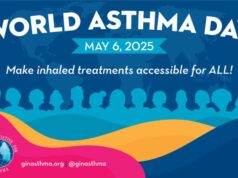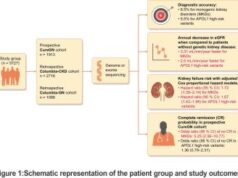Coronavirus vaccine maker, AstraZeneca, has been given the all-clear by the United Kingdom competition watchdog to go ahead with its $39 billion mega-deal to buy United States drug company, Alexion Pharmaceuticals.
The Competition and Markets Authority (CMA) said it had decided not to refer the acquisition for an in-depth investigation, paving the way for the deal to close on July 21.
The CMA said in May that it was looking into whether Cambridge-based AstraZeneca’s acquisition of Alexion could harm competition in the United Kingdom.
AstraZeneca agreed to buy Boston-based Alexion for 175 dollars a share in December, marking the drug giant’s biggest acquisition, in a move to boost its expertise in immunology and rare diseases.
The cash-and-shares deal was approved by shareholders in May and had already been given clearance in 10 countries, including the United States Federal Trade Commission, before the CMA decision.
Marc Dunoyer, the executive director and chief financial officer of AstraZeneca, said “we are very pleased to have secured this critical final clearance from the UK Competition and Markets Authority for the acquisition of Alexion.
“We look forward to the imminent closing of the transaction so that we may pursue our shared ambition to bring more innovative medicines to patients worldwide and begin AstraZeneca’s next chapter of growth.”
Following the deal’s completion, AstraZeneca would create a group focused on rare diseases called Alexion, AstraZeneca Rare Disease, which would have its headquarters in Boston in the U.S.
It is a milestone for AstraZeneca, which has developed the COVID-19 jab together with Oxford University and would diversify the group, adding to its fast-growing cancer treatment business.
According to the group, the rare diseases sector represents a “high-growth opportunity with rapid innovation and significant unmet medical needs.”
More than 7,000 rare diseases are known today and only around 5 per cent have treatments approved by the U.S. Food and Drug Administration, according to AstraZeneca.
It forecasts that demand for medicines for rare diseases will grow by a low double-digit percentage going forwards.











